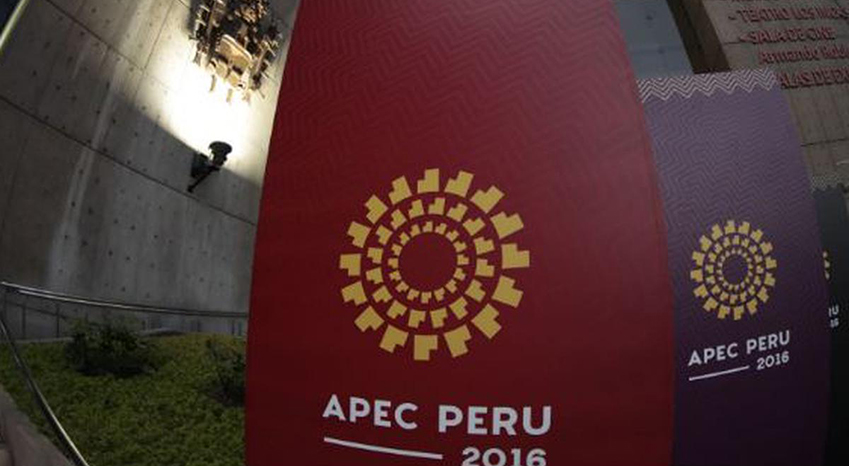Peru to host APEC forum in 2024
Peru will occupy the Presidency of the Asia-Pacific Economic Cooperation Forum (APEC) in 2024, announced the current president of APEC, Prime Minister of Thailand, Prayut Chan-o-cha.
This foreign policy achievement represents a clear opportunity for the country to consolidate its international projection across the world’s most innovative, dynamic, and fastest-growing region.
Likewise, it will allow Peru to be positioned as a destination for investment and tourism, which will contribute to the post-pandemic economic reactivation process.
Throughout the year, APEC 2024 will bring together the presence of leaders, ministers of Foreign Affairs and Foreign Trade, senior officials, academics, experts, and business leaders from economies such as: Canada, the United States, China, Japan, Russia, Korea, among others of the most dynamic in the world.
Given that APEC is an international space of great relevance for economic and technical cooperation, as well as for the promotion of measures that facilitate trade and investment, the 2024 Presidency will be a valuable opportunity for Peru to lead issues of collective interest for the forum, which have a positive effect on the national agenda.
For example, the transition from informal economic agents to the formal economy, the economic empowerment of women, small and medium-sized enterprises, innovation and digitalization, environmental sustainability, anti-corruption, and food security, among others.
Between 2016 and 2021, APEC financed 36 Peruvian projects in areas linked to health, science, and technology, SMEs, innovation, food security, tourism, transportation, among others. These data reveal the importance of the economic and technical cooperation offered by this forum to the South American country.
Peru had previously hosted APEC Summits in 2008 and 2016.
APEC promotes quality economic growth in the Asia-Pacific region. Therefore, it is a forum at which social diplomacy can be developed that contributes to facing the major economic and social challenges of Peru, while allowing the benefits of economic and technical cooperation to be used for the benefit of vulnerable sectors, among others, as well as for the strengthening of institutional and sectoral capacities that contribute to inclusive and sustainable economic growth.




